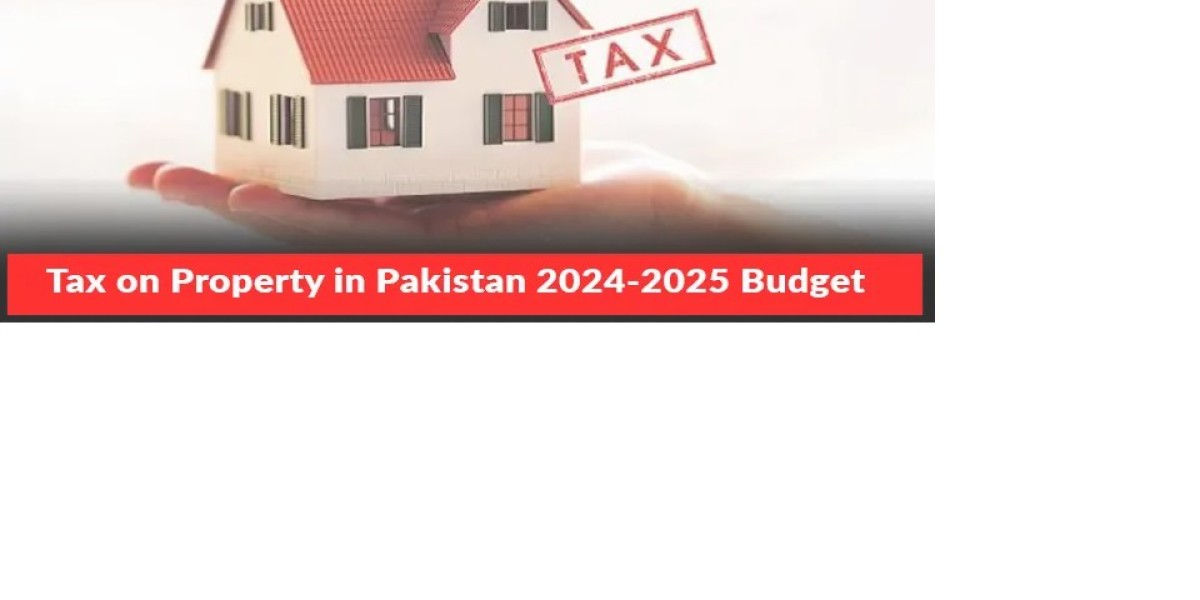As the real estate market in Pakistan continues to evolve, understanding the implications of property taxes has become increasingly important for buyers, sellers, and investors. The term tax on property has gained prominence, especially in light of recent changes in tax regulations that significantly affect property transactions across the country. This article explores how these taxes influence market trends, focusing on the broader implications for real estate in Pakistan.
Recent Changes in Property Tax Regulations
In July 2024, the Federal Board of Revenue (FBR) implemented significant increases in property taxes, particularly affecting the sale of houses, flats, and plots. Non-filer buyers now face a tax rate of 10.5% on property purchases, up from 7%, while sellers are required to pay a 6% tax, an increase from 4%.
These changes are part of a broader strategy by the government to enhance tax revenue and ensure that wealthier segments of society contribute more fairly.
Impact on Market Dynamics
1. Reduced Demand
The increased tax burden is likely to discourage many potential buyers, particularly non-filers who already face disadvantages in property transactions. As a result, there may be a noticeable decline in demand for properties as buyers reassess their willingness to engage in the market under these new financial constraints
With higher transaction costs due to increased taxes, sellers may be reluctant to list their properties at elevated prices. This reluctance can lead to a downward trend in property values as sellers adjust their expectations to accommodate the new tax landscape.
Broader Economic Implications
The adjustments in property taxes are part of a larger economic strategy aimed at increasing government revenue while curbing speculation within the real estate sector. While these measures may bolster government finances, they also risk cooling down an already volatile market. The middle and upper-middle classes, who are typically more active participants in property transactions, may feel the pinch of these increased costs more acutely
Conclusion
The evolving landscape of tax on property in pakistan presents both challenges and opportunities for stakeholders within the real estate market. While increased taxes may deter some buyers and lead to a decline in property prices, they also aim to create a more equitable system that encourages productive land use and boosts government revenues. For investors and homeowners alike, staying informed about these changes is crucial for making strategic decisions in an ever-changing market environment. As Pakistan navigates these shifts, understanding the implications of property taxes will be essential for anyone involved in real estate transactions moving forward.







